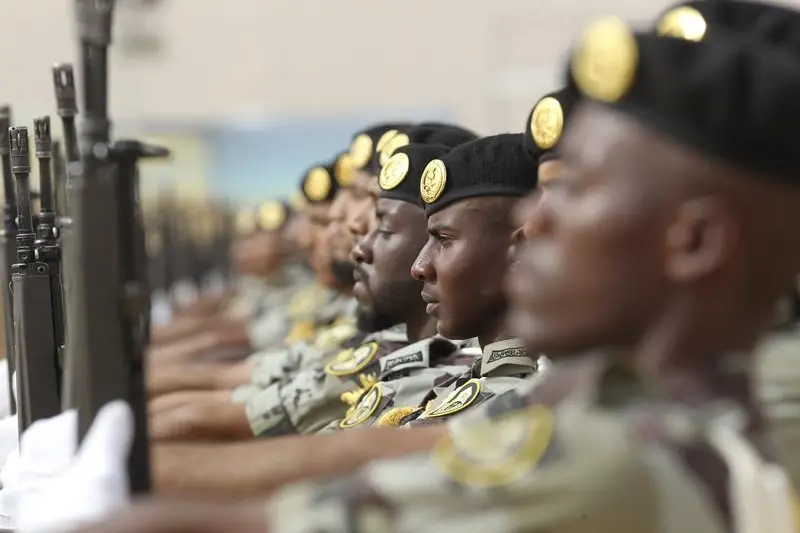PHOTO
Defence spending in the GCC countries is set to decline by nearly 10 percent to $90.6 billion this year as the region faces pressure from the pandemic and the impact of low oil prices, Janes said.
This figure will drop further to $89.4 billion in 2022, before rebounding to pre-pandemic levels by 2024, the defence intelligence agency said in a new report released ahead of the International Defence Exhibition (IDEX) in Abu Dhabi next week.
Janes also expects procurement expenditure to decline slightly to $13.25 billion in 2021, following a 4.5 percent surge in 2020 compared to previous year.
Data from Janes shows that defence expenditure for the GCC states rose by 5.4 percent in 2020, from $94.9 billion in 2019 to $100 billion in 2020.
However, defence spending is expected to rebound in the near-term as government revenues also increase due to improvements in regional economies.
“Defence budgets will return to pre-pandemic levels by 2024, with procurement expenditure expected to reach 2019 levels by 2022,” said Charles Forrester, lead analyst at Janes
“The long-term procurement budget forecast will be shaped by the cyclical nature of some countries’ defence procurements coming to an end. Qatar, for example, has undertaken a significant build-up of new capabilities ahead of the 2022 FIFA World Cup, with deliveries being completed around this time. Other countries have capability requirements that have been long-delayed, and it may only be once the economic recovery is underway that these are signed off.”
Janes anticipates that localisation in key markets such as Saudi Arabia and the UAE will result in near-term changes to the region’s defence equipment procurements.
“Both countries are also working to leverage new technologies in the defence sector– in order to build out their own conventional deterrence capabilities and to reduce the reliance on foreign suppliers. Such technologies include unmanned systems ranging from unmanned aerial vehicles (UAVs) to unmanned surface vessels (USVs) that can patrol maritime domains and improve situational awareness and security,” said Forrester.
Janes said the signing of the Abraham Accords are also expected to open the possibilities of sales of new and advanced equipment to its signatories, helping to increase competition in the Gulf equipment marketplace with technology that is compatible with previously acquired Western systems.
The acquisition of the Lockheed Martin F-35A Lightning II Joint Strike Fighter by the UAE following the signing of the Abraham Accords will also help to link the US, Israeli, and Emirati defence industries together.
Meanwhile, the Biden Administration has ordered a temporary hold on several arms sales deals initiated by former President Trump. The deals being paused includes a $23 billion transfer of stealth F-35 fighters to the UAE.
(Reporting by Brinda Darasha; editing by Daniel Luiz)
Disclaimer: This article is provided for informational purposes only. The content does not provide tax, legal or investment advice or opinion regarding the suitability, value or profitability of any particular security, portfolio or investment strategy. Read our full disclaimer policy here.
© ZAWYA 2021





















